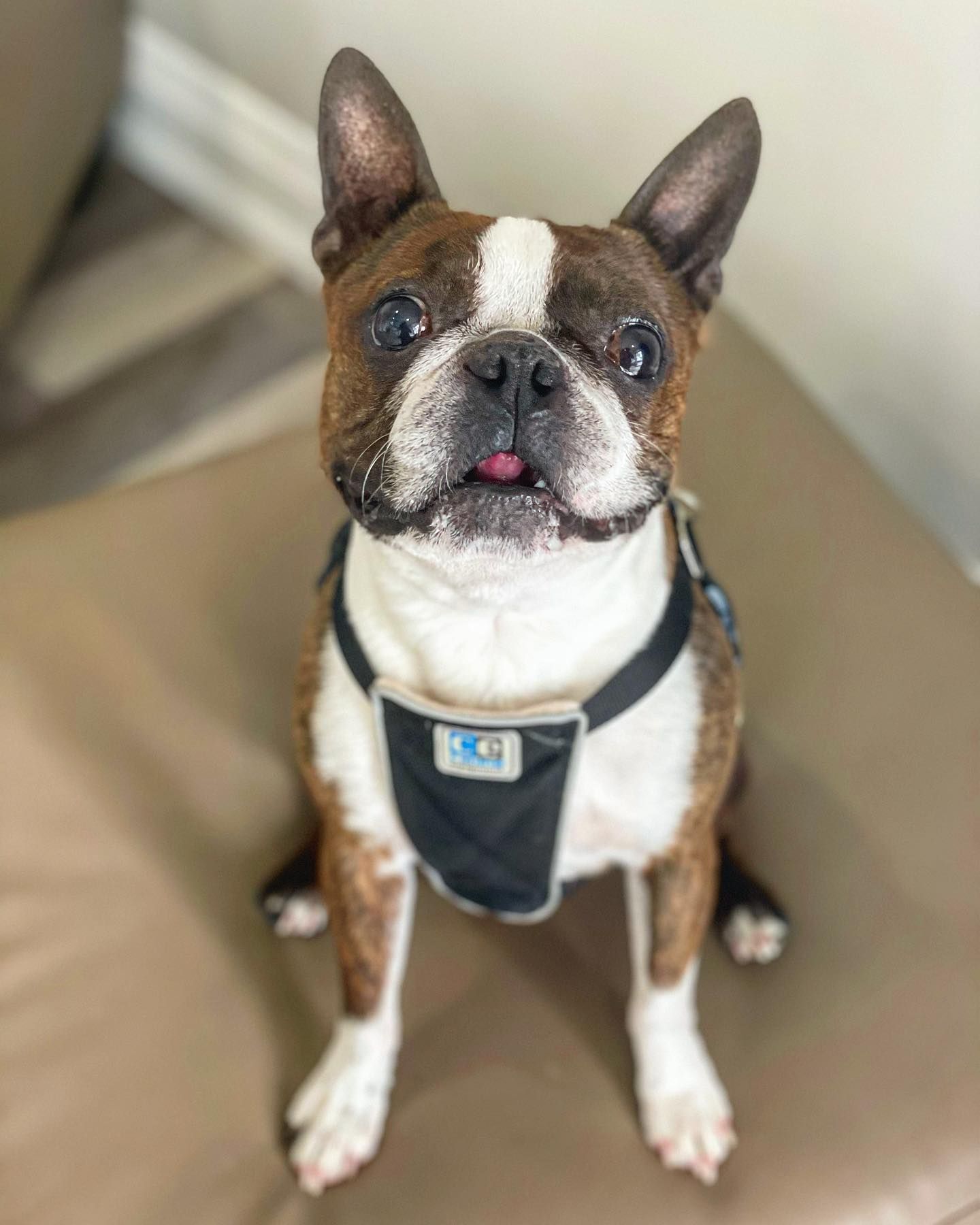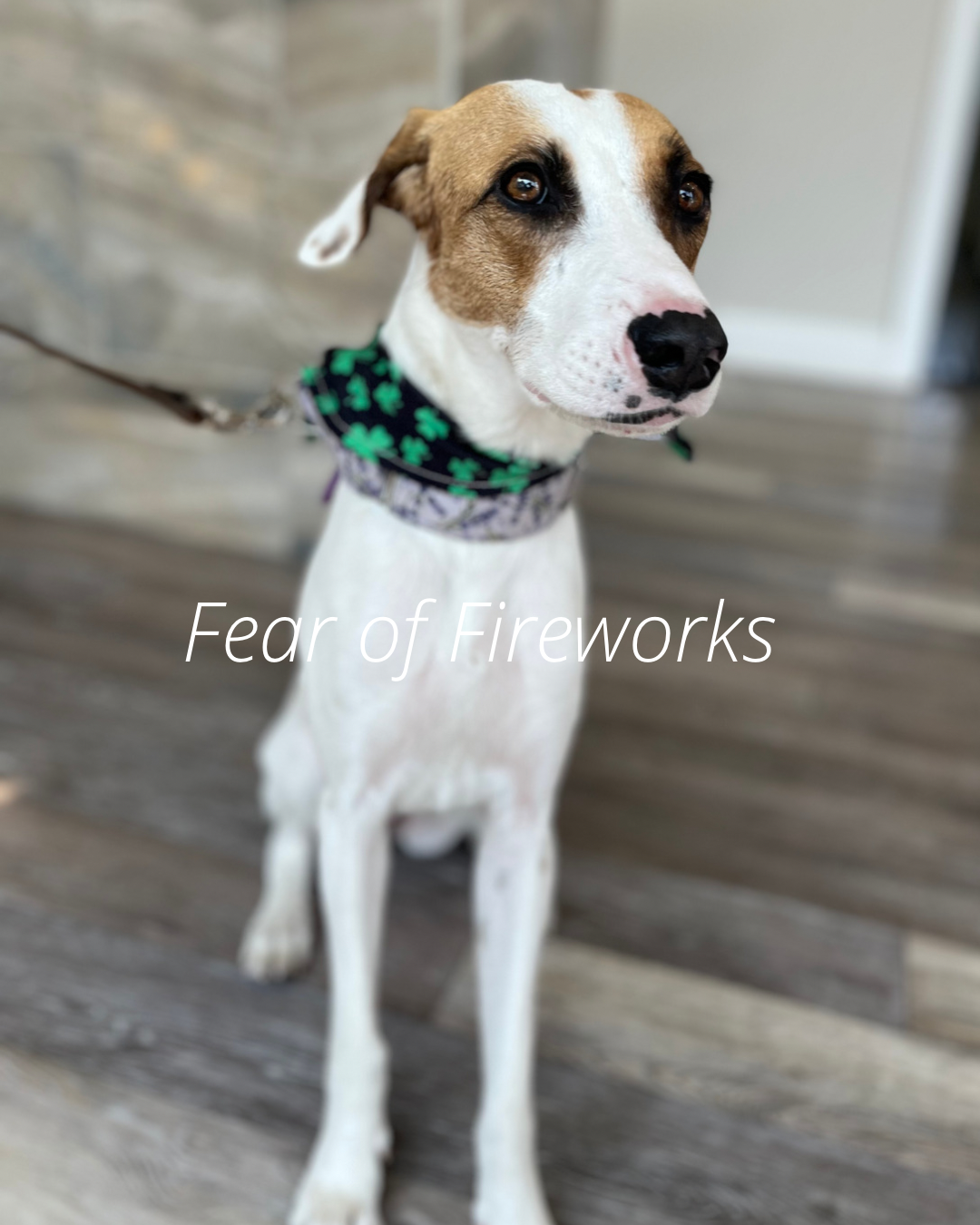Will My Pet Get Bored of Eating the Same Food?
Will My Pet Get Bored of Eating the Same Food?

Have you ever wondered if your pet will get bored of eating the sample diet? The simple answer is no, your pet will not get bored of eating the same food every day.
It’s important to remember that our pets perceive food, and the act of eating in a very different way than we do as humans. Variety when it comes to diet is a human construct as we require an assortment of different foods to obtain a balanced diet (and even then most rarely achieve this).
When it comes to our pets, eating is a necessity and is done purely to fulfill energy requirements. And when fed a properly balanced kibble formulated by an accredited veterinary nutritionist, they get everything they need from one single food source.
For humans the act of eating is important mental stimulation. Whereas with our pets their mental stimulation comes from ”the hunt”, the way in which they obtain their food source, not the food itself. Which is often why puzzle feeders are recommended to help your pet live an enriched life.
Cats and dogs actually have significantly less taste buds than humans do. In most cases they won’t notice the differences in flavors, instead they use texture and smell to experience their food in a very different way.
But what about my picky eater? Here are some reasons your pet might be a fussy eater:
- Learnt Behavior
Often if we give our pets too many options, or give in and start adding toppers, they learn that change will come if they wait long enough. - Preference to Smell or Texture
The strength of food odour at the beginning of the bag versus the end. Large kibble versus small kibble. Wet versus dry. The options are endless! - Food Aversions
Just like us, pets too can get food aversions when they associate a certain food with a time they weren’t feeling well! - Keep it Positive
It can be very distressing when our pets don’t want to eat and sometimes owners can get too invested. Anxiety over your pet can translate to them and make meal time stressful. - Underlying Causes
Sometimes a change in appetite or lack of an appetite can be a signal that there is something wrong with your pet. Always check in with your veterinarian if you notice any changes!
The team at Mac Animal Clinic is here to help you choose the right diet for your pet. If you have any questions about your pet's diet. Please contact us at 905 208 9933 or email reception@macvets.com
Check out our other blog posts for more information on pet nutrition:
Blog post for Kibble Alternatives.
Pet Nutrition: Think about nutrients not just ingredients
Debunking the myths behind raw diets
Other sources of information for pet nutrition:
World Small Animal Veterinary Association – Nutritional Assessment Guidelines
http://www.wsava.org/educational/global-nutrition-commitee
American Animal Hospital Association Nutritional Assessment Guidelines
https://www.aahanet.org/Library/NutritionalAsmt.aspx
Pet Nutrition Alliance
https://petnutritionalliance.org/
Check out these Pet nutrition focused Instagram accounts: @doctorwolfe.dvm @feedingravendoodles @caninehealthnut @nutritionrvn



Street Address : 1026 Speers Road
City : Oakville
State / Province : Ontario
Postal / Zip Code : L6L 2X4
HOURS
Monday: 9:00 am - 6:00 pm
Tuesday: 9:00 am - 6:00 pm
Wednesday: 9:00 am - 7:00 pm
Thursday: 9:00 am - 5:00 pm
Friday: 9:00 am - 5:00 pm
Saturday: Closed
Sunday: Closed
SERVICES
© Copyright 2024 - All Rights Reserved - Mac Animal Clinic | Cancellation Policy | MyPortal™

